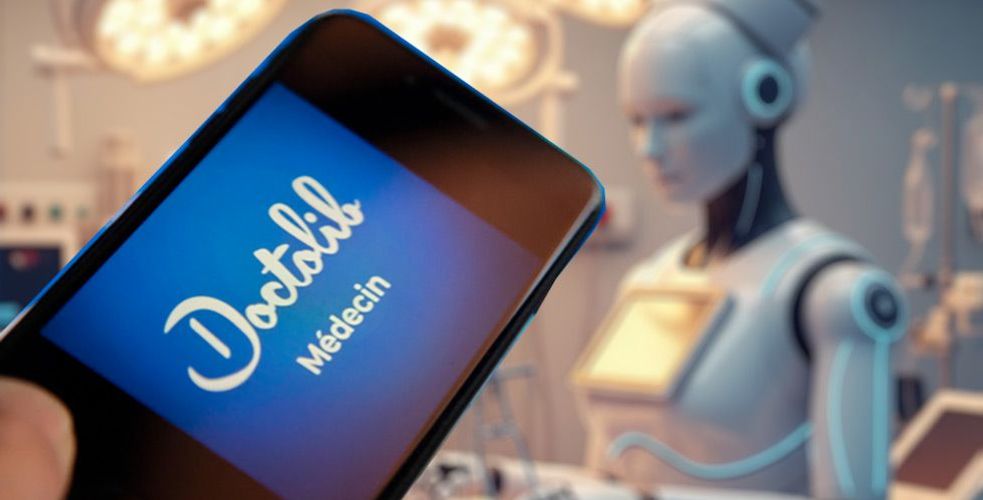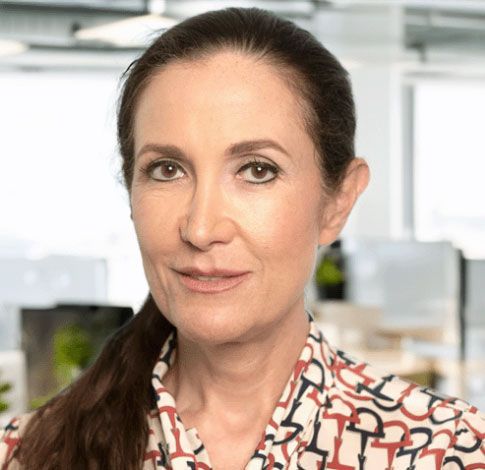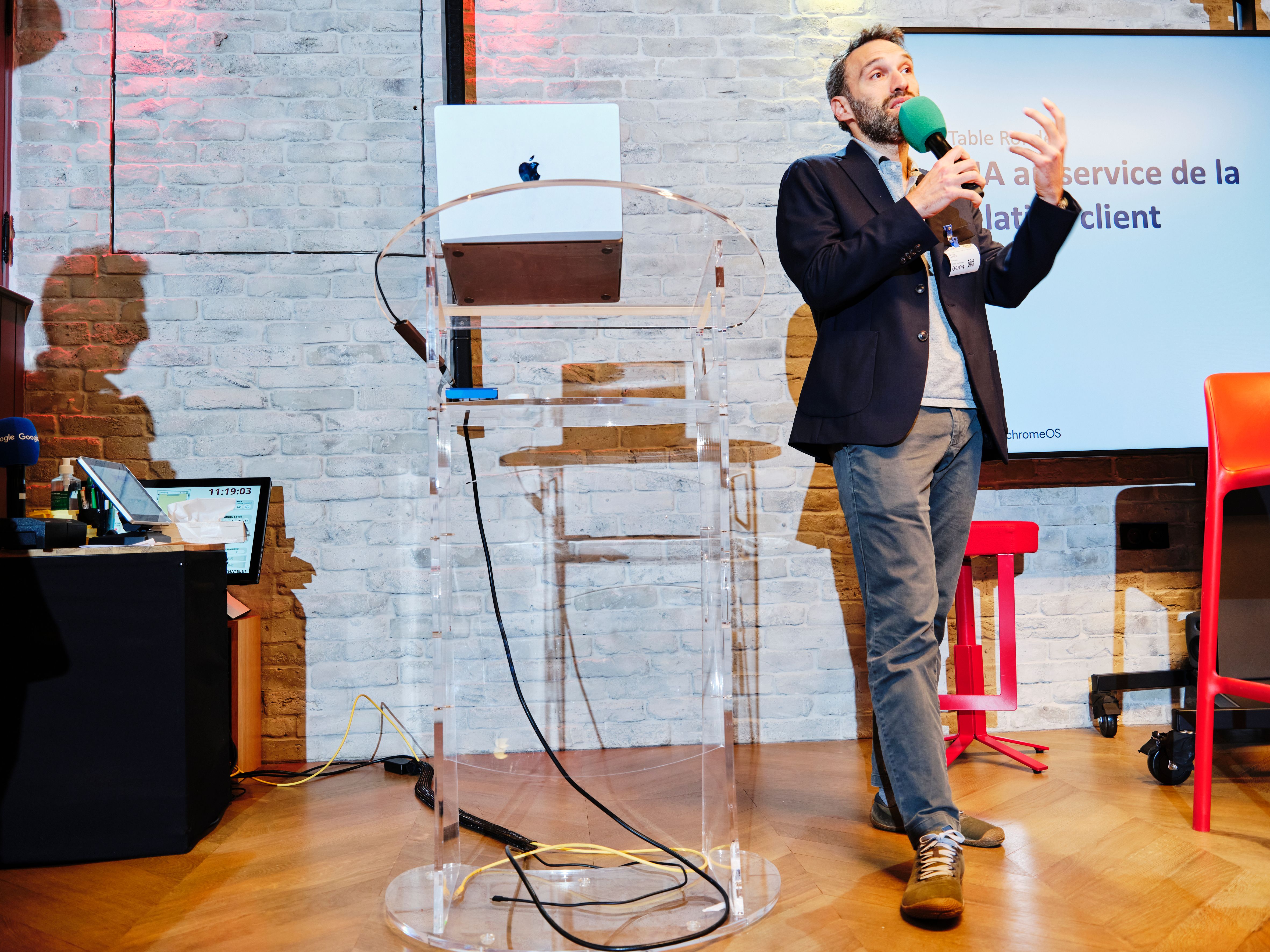In France, Doctolib launches its AI telephone assistant, priced at €99 per month including VAT

Doctolib is launching its AI telephone assistant, priced at €99 per month (including VAT) for doctors and €49 per month (including VAT) for osteopaths and podiatrists. DentalCall AI already offers a telephone appointment booking service for dentists and soon veterinarians, supported by Volubile.ai technology. It has impressed its first customers.
Several hundred medical practices have already subscribed to the service offered by Webdentiste, at a price of €149 per month including VAT, and say they are satisfied. The healthcare sector will be revolutionised by these agents, when they are properly trained: making appointments with doctors, paramedical professionals or other healthcare professionals remains a crucial moment in the customer journey, as well as a hidden cost. At £99 per month, is Doctolib's offer suited to customer needs and competitive?
What will become of medical tele-secretarial services? In the US, Elise.AI raised a massive amount of funding this summer and offers voice assistants dedicated to the healthcare sector in particular.

Appointments with the dentist or dermatologist: Sylvie Ouziel, Vocca.ai, Doctolib... can an AI agent find you an appointment with a healthcare professional?
No, and that's not their job. Remember, the first challenge in the sector, and for some practitioners, is finding an available slot. A good dermatologist in Paris? Don't expect an appointment for at least two months. The same goes for many other specialities and regions. The main advantage of an AI assistant is that it benefits the healthcare professional, who can continue to treat cavities and examine patients without being disturbed, either by their assistant or by the patient. It all comes down to the features offered, the performance of the AI agent and the price at which it is offered. And identifying the right publisher or provider: more than forty companies claim to offer conversational AI in France alone. However, not all of them are suitable for managing health data or are even operational.
Doctolib has just announced the price of its AT, a telephone assistant, at €99 per month including VAT. Is it effective? Will it replace the message and appointment taking services provided by telephone hotline specialists?
Who should you choose to handle your telephone reception services?
— There are around thirty reputable telephone reception service providers specialising in the medical sector. Messages taken and linked to appointment scheduling software are billed at an average rate of between £1.20 and over £2 per call taken. The average bill can quickly reach around £600 per month for a doctor, or even more.
— If you are a healthcare professional and would like to use conversational AI for this service, the French software publishers are:
— Volubile.ai was the first French company to create and deploy such a service for dentists. It has been a great success. At £149 per month, including VAT, the solution is currently the most effective on the market. DentalCall IA is now available to veterinarians.
— Vocca.ai is launching and has raised £4.7 million in funding. Little else is known at this stage. Yampa.ai has also been launched, has a functional product, and has raised funding from Partech.
— Sylvie Ouziel, formerly of Publicis, has embarked on the adventure by creating Blue Bridge Group AI. However, the company's recent launch and its business model do not seem particularly suited to the healthcare sector. Whereas its competitors offer a price per minute or a monthly flat rate, the company says it charges a fixed fee of around £40,000 to £50,000 per custom-built agent.

Doctolib's telephone assistant, for €99?
Doctolib's telephone assistant has been available for a fortnight and, according to our information, only handles the following cases in the manner described:
I would like to make an appointment with Doctor X next week/the appointment is then made automatically.
I would like to renew my prescription / the response is then automatic.
I need Dr X's opinion on my results / a telephone request is made.
I am experiencing pain or palpitations, an emergency / the call is transferred to the healthcare practitioner's telephone secretary.
The telephone assistant can also provide support to the tele-secretaries, whom they cannot completely replace at this time.
The stakes are high for Doctolib and its partners, TLS companies and telephone answering services.
‘Doctolib wants to reassure us by treating us as partners, when in fact they are competing with us,’ says one CEO in the sector. "For them, it will be additional recurring revenue; for us, a massive loss of turnover. Fortunately, the assistant as it currently works has real limitations, such as only working with known, identified patients. And their technology doesn't work very well yet, from what I've seen."
When contacted by us, Doctolib indicated that this price is not set in stone and that it is still beta testing the service. But the unicorn, co-founded by Stanislas Niox-Chateau, is no stranger to secrecy, despite its success: three sales managers are dedicated to marketing the product and liaising with tele-secretarial companies (Antoine Dumont, Pomme Lapierre-Recher and Corentin Balmont).

And Doctolib plans to encourage its partners to promote its AT, as well as offering a discount price for the launch. The company knows that with this new service, if it is functional and widely adopted by its customers, it will be a real game changer: in the medical field, an effective conversational assistant, billed at between €100 and €150 per month, would be six times cheaper than a telephone reception service. And conversation data and summaries could be imported directly into the CRM.
These are some strong arguments for selling and promoting the service. For the company, given the operating costs of conversational AI, this opens up the prospect of margins and recurring revenue, which is a priority. (In 2022, the company achieved £217 million in revenue and recorded £168 million in losses. In 2024, it achieved £311 million in revenue and £110 million in losses).
Will the new TP, Teleperformance, be French?
In the US, Elise AI, Hello Patient, Assort Health and others have recently raised massive amounts of funding, totalling several hundred million dollars. The global market for AI in healthcare, including voice assistants, is valued at £40 billion according to Fortune Business Insights. Y Combinator has also led numerous investment projects in conversational AI. Vertical AI agents could be the new SaaS, wrote a highly reputable media outlet.
In 2021, Microsoft acquired Nuance Communications, a voice recognition specialist with a strong presence in the healthcare sector, for more than £14 billion. This was its largest acquisition after LinkedIn. BPO and call centre players apparently did not understand or see the signal: technology could transform customer relations and the patient experience. And competition might come from publishers. Or perhaps they failed to identify how to approach this revolution? The fact remains that none of the industry leaders are in good shape. Neither TP, Concentrix nor Foundever. Recently taken over by a former Atos executive, Konecta, the world's number five, seems to be accelerating faster in the technological shift expected by analysts.
In France, to date, without having raised any funds (unlike Yampa.ai, for example, with Partech), one player has already gained a lead over its competitors in AI agents: Volubile.ai. With a robust product and a clear strategy, the company manages major clients directly and is establishing itself in vertical markets with partners such as Le Figaro, Bouygues Télécom and Webdentiste. As for the telephone hotline, an important announcement is expected from its co-founder, Stéphanie Delestre, in the coming weeks. Here too, one of the leaders in the sector is involved.
In Grenoble, INSA engineer Julien Ros, co-founder, is fine-tuning the technology. From Bordeaux and Vitry, another person manages the numerous calls from prospective customers. ‘I have no problem spending a large part of the day as a commercial tele-secretary,’ smiles the CEO.
Manuel Jacquinet.
On 15 October, at the Customer and Patient Experience Forum in Paris, the results of DentalCall AI's first months of operation will be presented.




